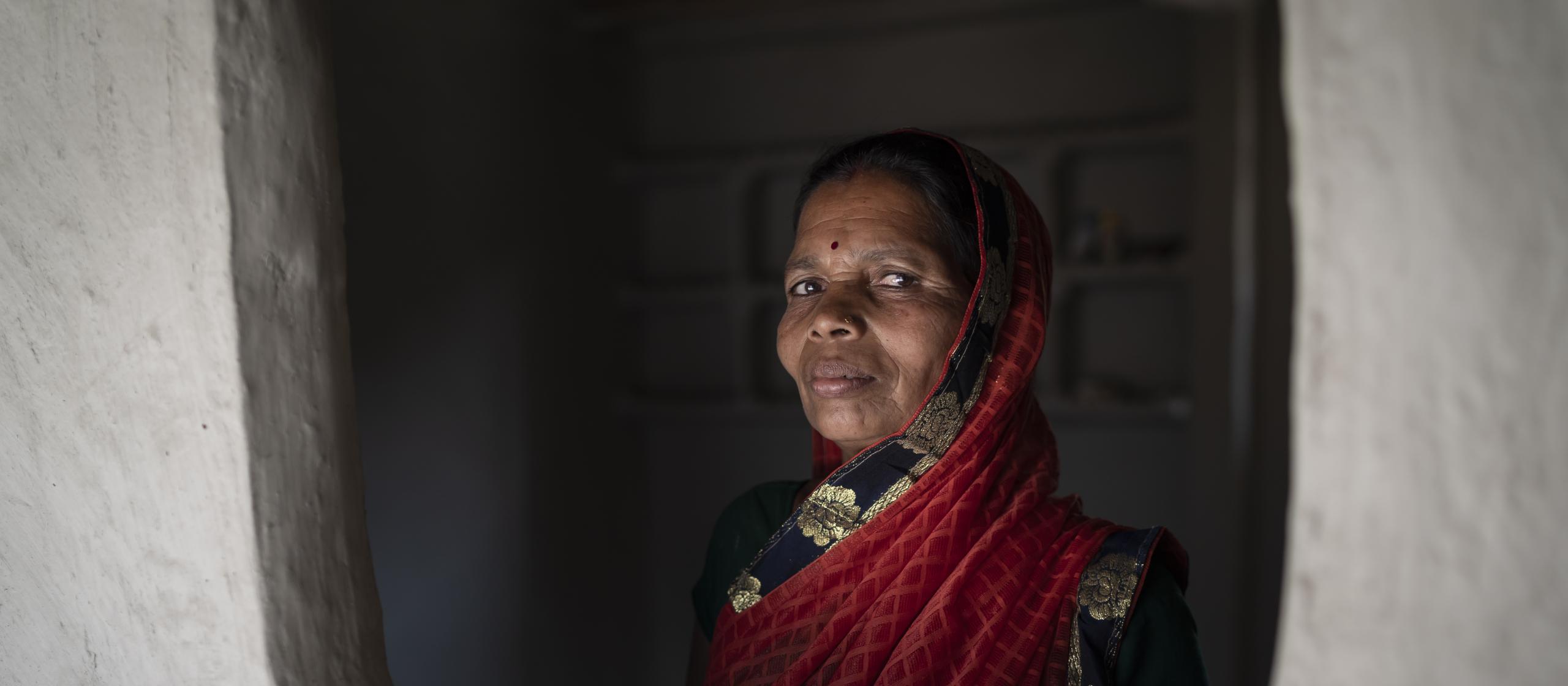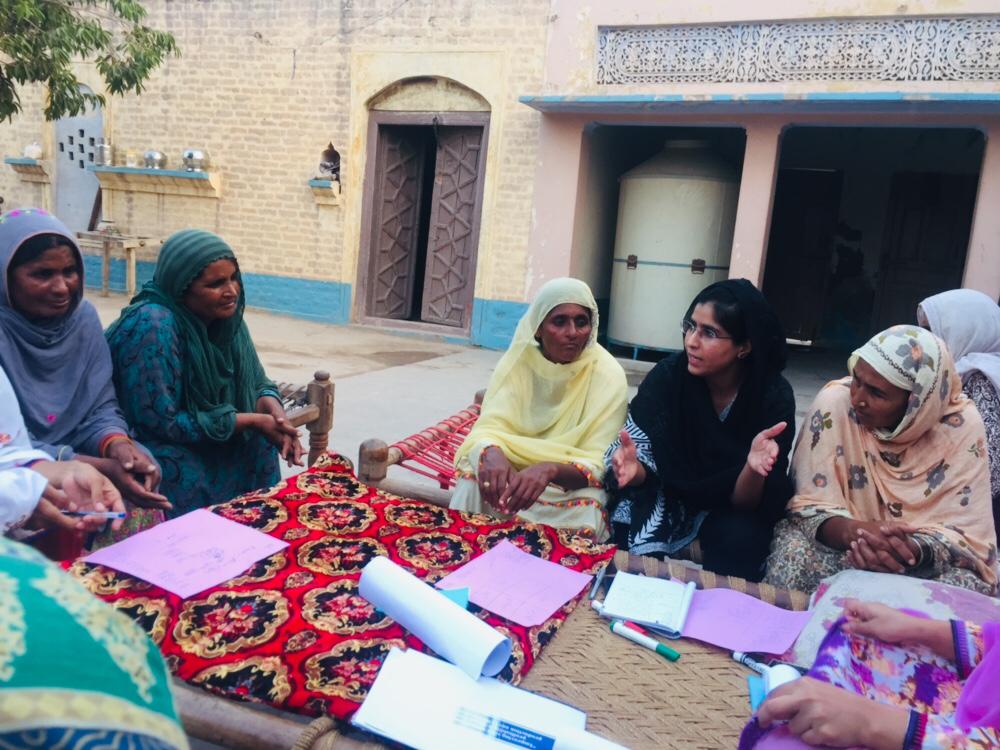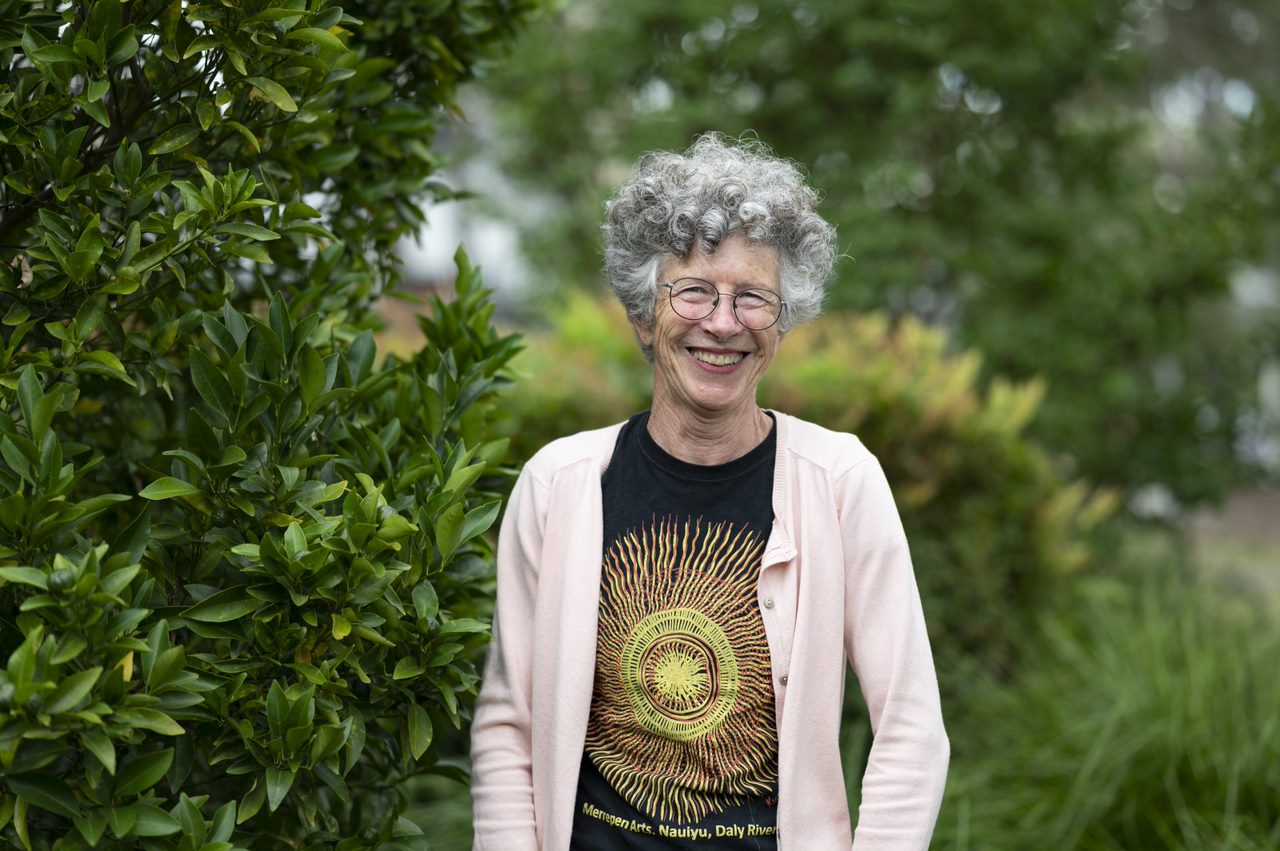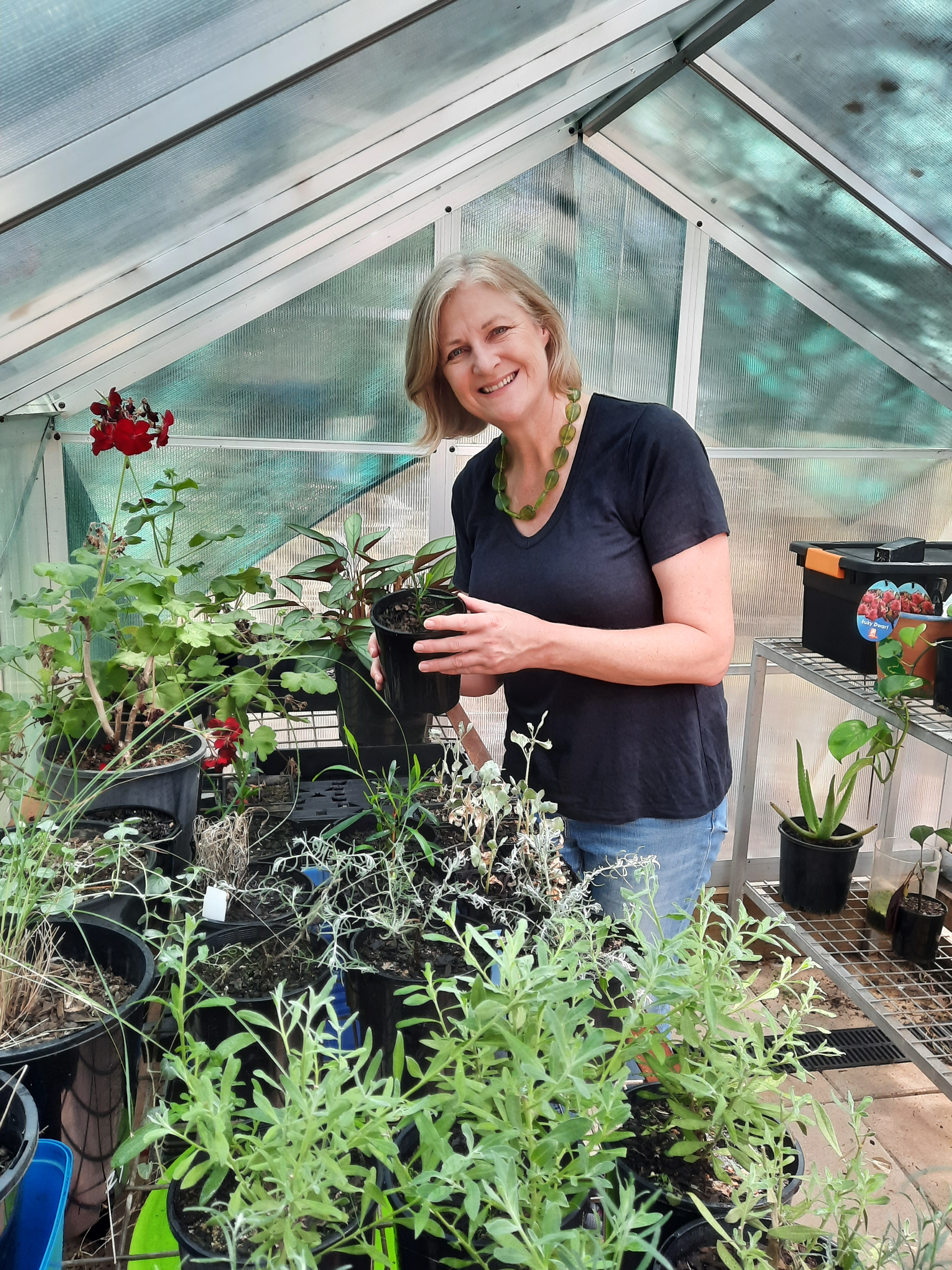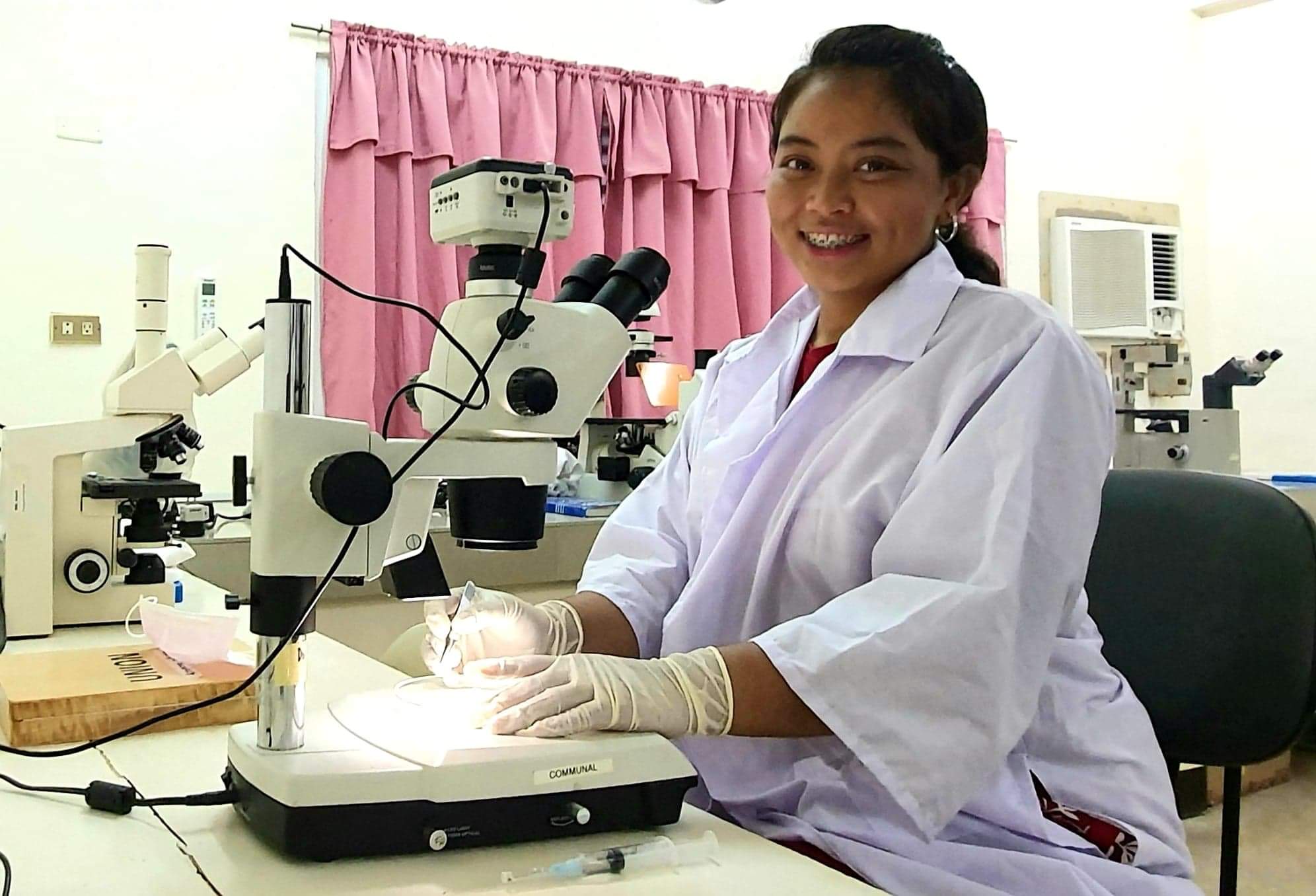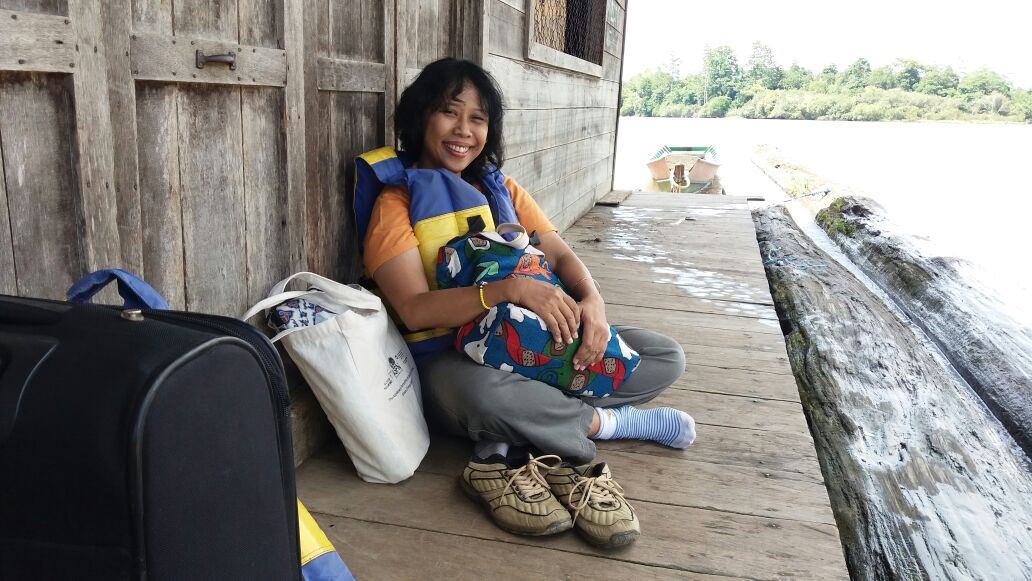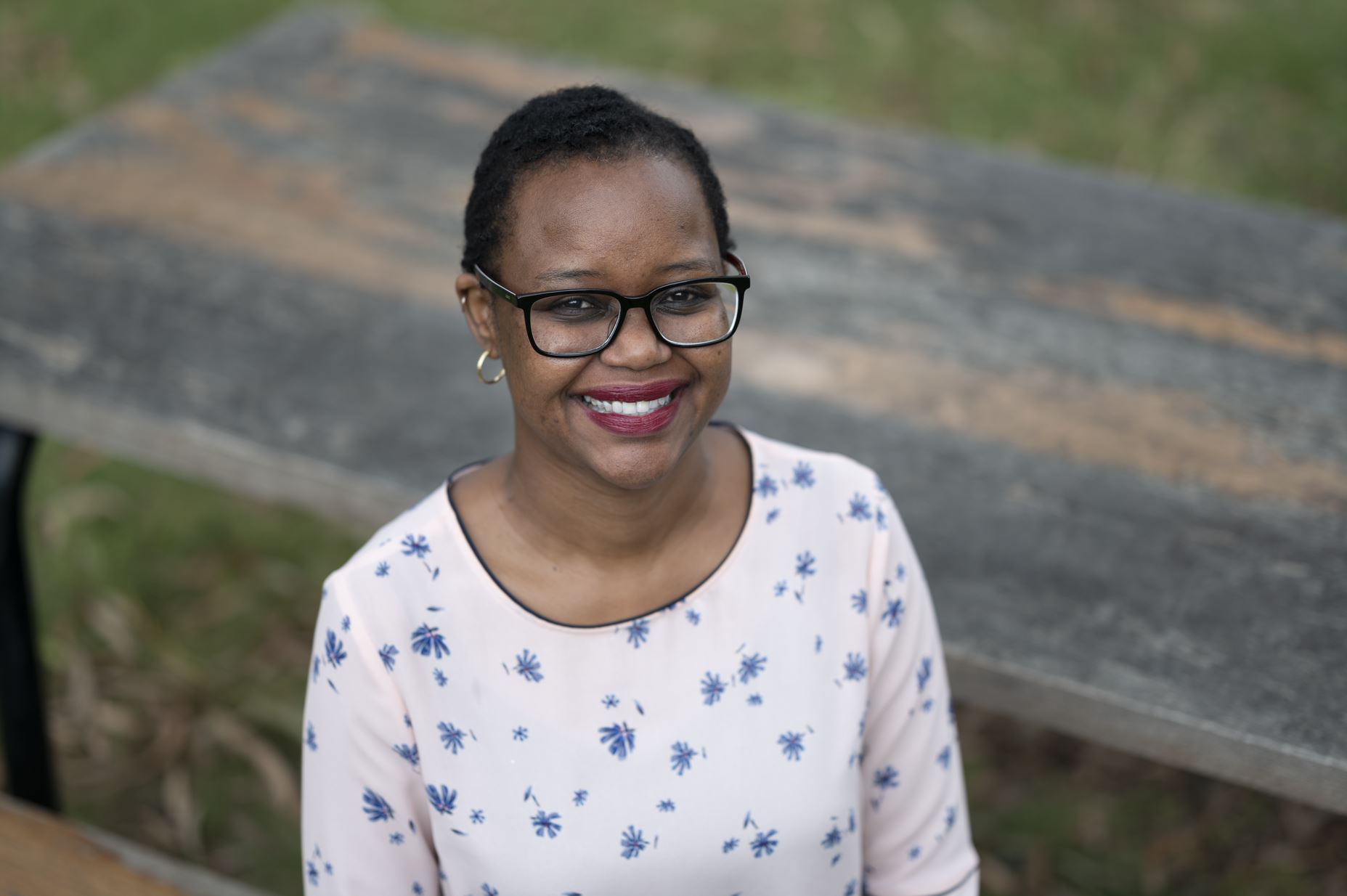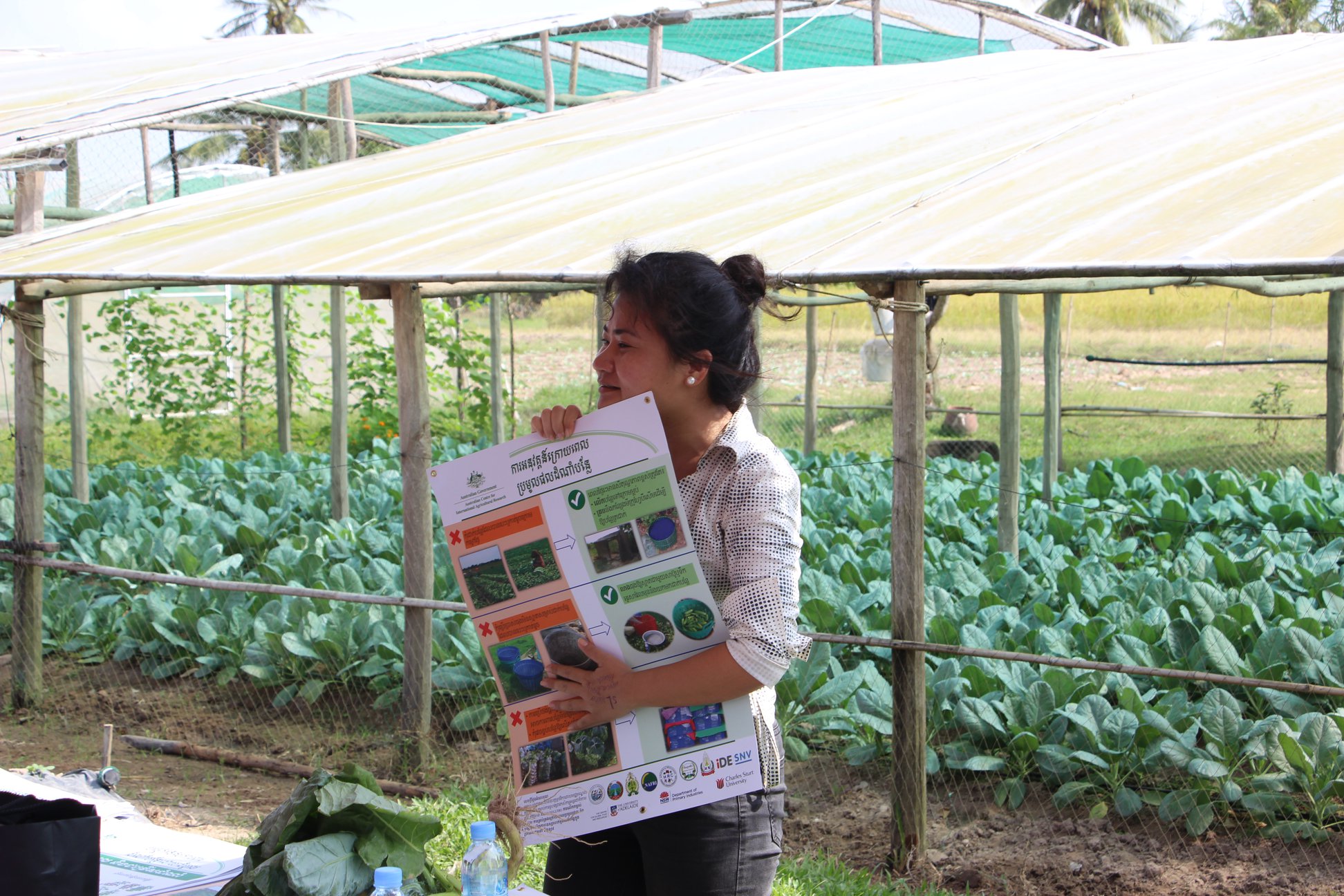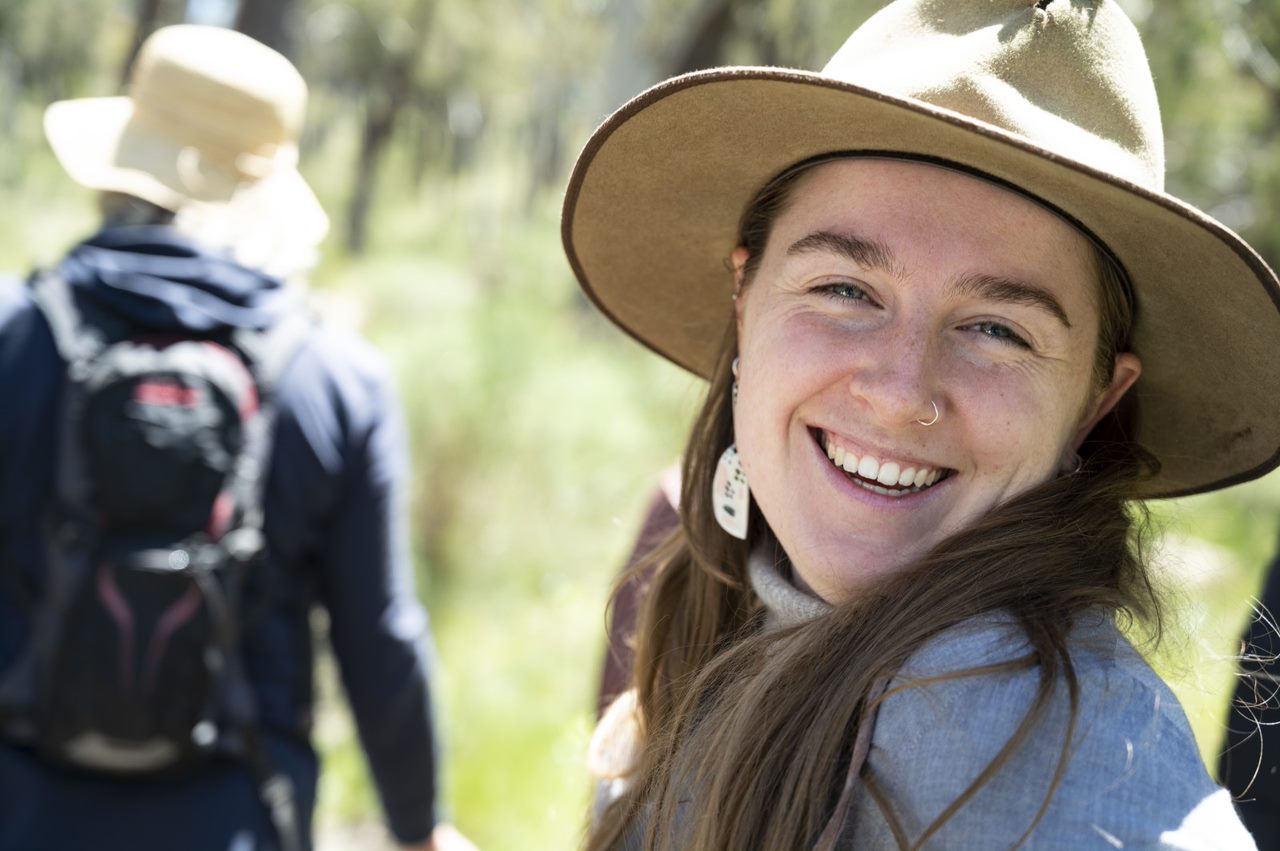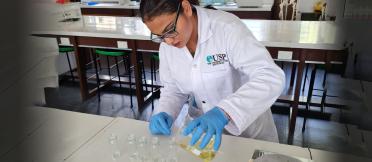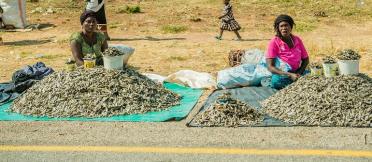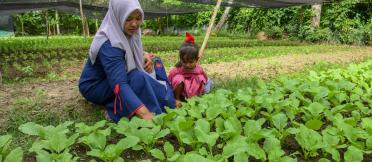Regardless of where you look across the ACIAR network – it could be on a banana plantation in Fiji, in the Australian Embassy in Manila or in the Conference Room of ACIAR House – you will find champions of gender equity. ACIAR aims to improve gender equity by giving opportunities to women researchers, generating knowledge on gendered relations and influencing gender equity and inclusivity within partner organisations. This year the United Nations theme for International Women’s Day is “Gender equality today for a sustainable tomorrow.” We reached out to women across the ACIAR network and them to reflect on what “gender equality for a sustainable future” means to them.
- HomeHome
-
About ACIAR
- Our work
- Our people
-
Corporate information
- ACIAR Audit Committee
- Commission for International Agricultural Research
- Policy Advisory Council
- Agency reviews
- Executive remuneration disclosure
- Freedom of information (FOI)
- Gifts and benefits register
- Information publication scheme
- List of new agency files
- Contracts
- Legal services expenditure
- Privacy impact assessment register
- Commonwealth Child Safe Framework
- Benefits to Australia
- Careers
- 40 years of ACIAR
-
What we do
- Programs
- Cross-cutting areas
- Resources
- Where we work
-
Funding
- Research projects
- Fellowships
-
Scholarships
- John Allwright FellowshipScholarships to study in Australia for ACIAR partner country scientists to have Australian postgraduate qualifications
- ACIAR Pacific Agriculture Scholarships and Support and Climate Resilience Program
- Alumni Research Support Facility
- Publications
- News and Outreach
